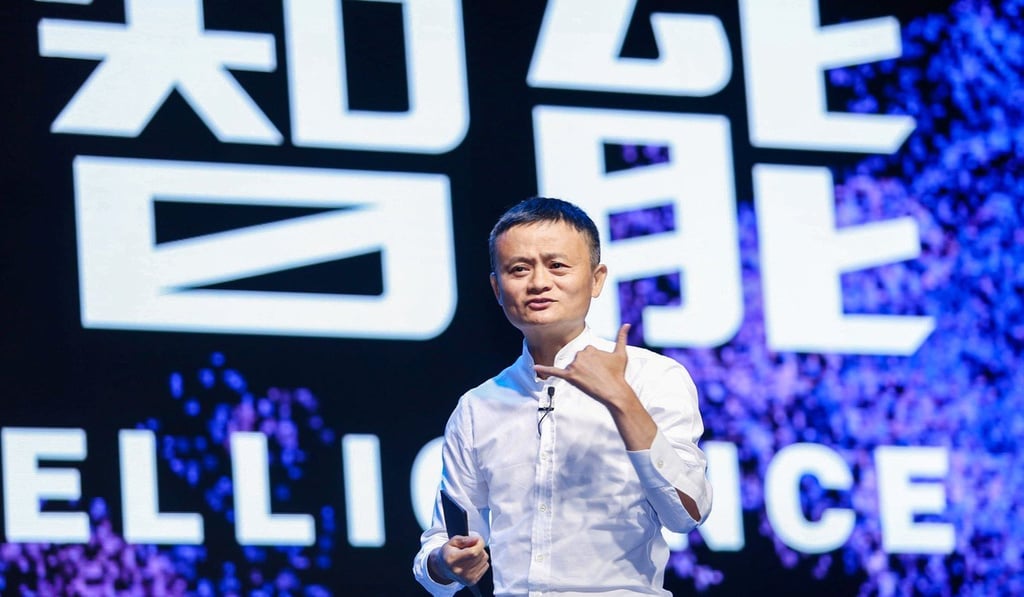The View | China’s ‘996’ work culture should not turn into Charlie Chaplin’s Modern Times
- While it is true, as Alibaba founder Jack Ma has argued, that extended working hours are not a problem for those passionate about their jobs, a top-down inflexible approach to how long employees work is not the way for Industry 4.0 to go

The idea that “work does not feel like work when you love your job” may be a cliché. Yet, there are many people in the tech sector who care deeply about their work and clients. Money is often not the main motivator.
The professional and personal dignity gained from work, and the sense of purpose and the belonging to a community that drives momentous changes in society are more important. Their jobs may involve drudgery at times, but work is an important source of professional satisfaction, self-esteem and personal identity.

The problem with 996 is not the long hours, but the lack of autonomy that workers have over the organisation of their time. My concern is with the employers’ unilateral imposition of work schedules. When I teach labour law, I show my millennial students clips from Charlie Chaplin’s 1936 satirical film Modern Times. The opening title “a story of industry, of individual enterprise – humanity crusading in the pursuit of happiness” is inscribed over the face of a giant clock. The next scene juxtaposes a herd of sheep with a mass of workers entering a factory gate.

